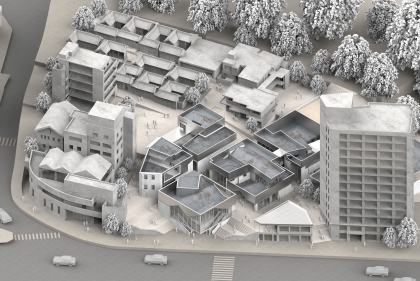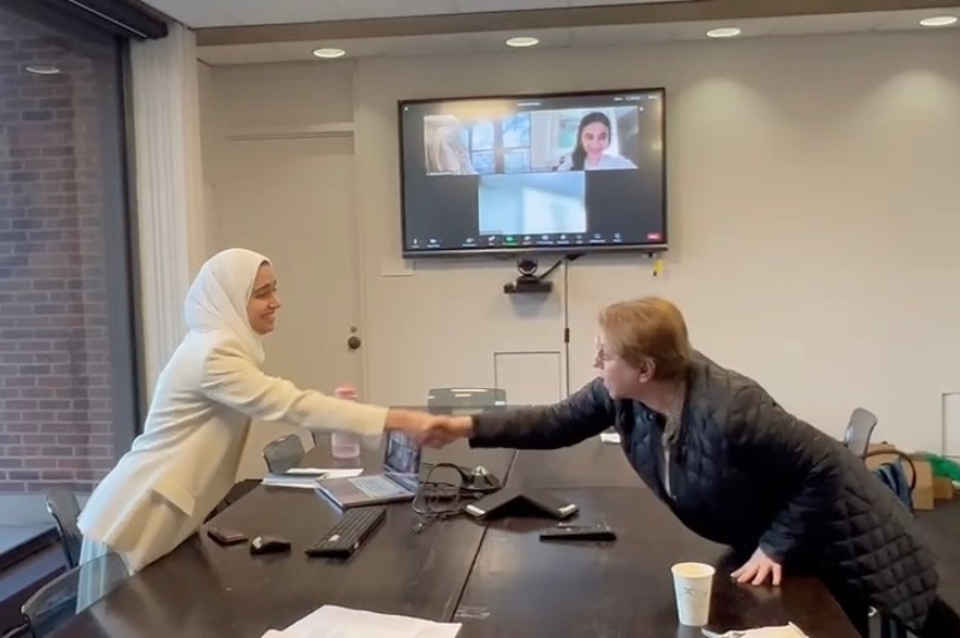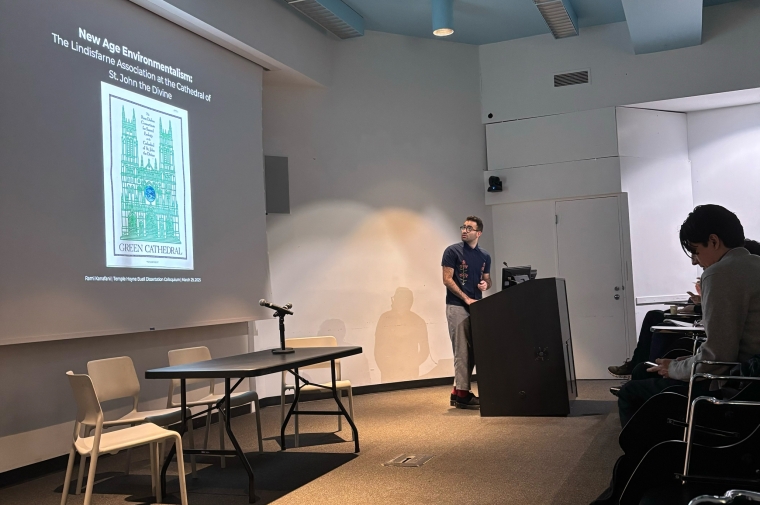May 1, 2024
Public Defense : "The Child in the City: Play, Architecture, and Urbanism in Modern Kuwait, 1957-1983" by Wadha Almutawa (PhD Architecture)
Close
Children of Kuwait playing in the fireej (residential quarter) of their pre-oil medina neighborhood. Painting by: Ayoub Hussein Al-Ayoub
Children constructing their city in Emdrup, Copenhagen at the junk playground by Danish landscape architect Carl Theodor Sorensen. Source: Source: Sven-Ingvar Andersson and Steen Høyer, C. Th. Sorensen: Landscape Modernist, 19.


 View Slideshow
View Slideshow



